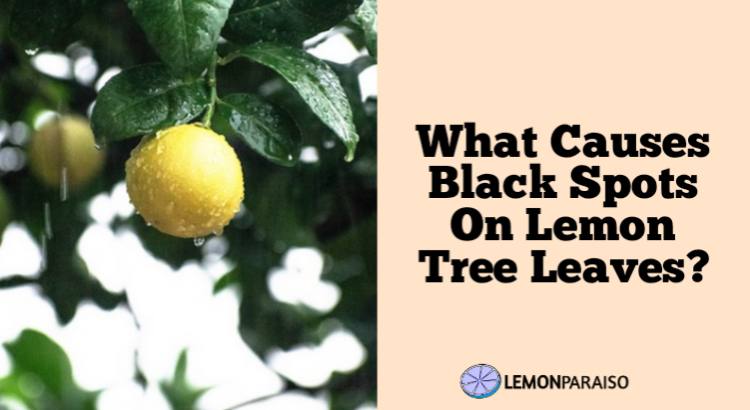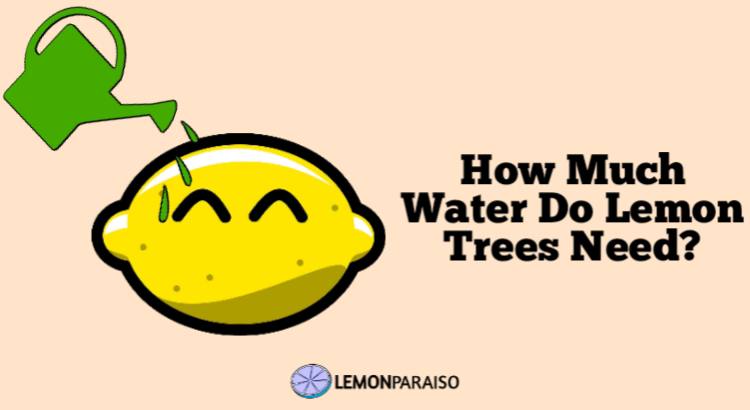Growing Lemon Trees In Zone 6: (Tips To Grow These Trees Successfully)
Growing lemon trees in Zone 6 can be a challenging yet rewarding experience for gardeners looking to add a touch of the tropics to their outdoor space. While lemon trees are typically associated with warmer climates, there are certain varieties that can thrive in Zone 6 with the right care and attention.
Can Lemon Trees Grow In Zone 6?
Lemon trees, being citrus plants, typically thrive in warmer climates and are not well-suited for the colder temperatures of Zone 6. However, it is possible to grow lemon trees in Zone 6 with the right precautions and care. Gardeners can select cold-hardy varieties, plant them in containers for easier relocation, and provide adequate protection during the winter months.
With proper attention, these trees can grow and bear fruit even in the challenging conditions of Zone 6. It’s important to research and choose the right variety, as well as to monitor the tree’s health and growth closely to ensure success.
What Are The Best Lemon Tree Varieties For Zone 6?
For Zone 6, it’s essential to choose cold-hardy lemon tree varieties that can withstand lower temperatures. Some of the best options include the ‘Improved Meyer’ lemon, ‘Ponderosa’ lemon, and ‘Eureka’ lemon. ‘Improved Meyer’ is a popular choice due to its ability to tolerate colder temperatures and resistance to common citrus diseases.
‘Ponderosa’ lemon trees are also more cold-tolerant and produce large, juicy fruit. ‘Eureka’ lemons are another option, though they may require more winter protection than the previous two varieties. Always research the specific needs of each variety before planting to ensure their successful growth in Zone 6.
How Do You Protect Lemon Trees In Zone 6 During Winter?
To protect lemon trees during the winter in Zone 6, it’s important to take several precautions. Planting in containers allows for easier relocation indoors when temperatures drop below freezing. If planting in the ground, you can protect the tree by adding a thick layer of mulch around the base to insulate the roots from the cold.
Wrapping the trunk and branches with insulating material, such as frost blankets or burlap, can also help prevent damage from freezing temperatures. Be sure to keep an eye on the weather forecast and provide additional protection, such as a temporary greenhouse or covering with a tarp, during extreme cold snaps.
What Is The Ideal Soil pH For Growing Lemon Trees In Zone 6?
Lemon trees thrive in well-draining soil with a pH between 6.0 and 7.5, which is slightly acidic to neutral. Ensuring the correct soil pH is crucial for nutrient absorption and overall tree health. To determine your soil’s pH, conduct a soil test and, if necessary, amend the soil with organic matter or other pH adjusting substances.
In Zone 6, it’s particularly important to ensure proper drainage, as excess water can cause root rot, especially during the winter months. Adding compost or other organic matter to the soil can improve drainage and provide essential nutrients for the lemon tree.
How Much Sunlight Do Lemon Trees Need In Zone 6?
Lemon trees require a significant amount of sunlight to grow and produce fruit. Ideally, they should receive at least 6 to 8 hours of sunlight per day. In Zone 6, where sunlight can be limited during the winter months, it’s important to plant the trees in the sunniest location possible.
If growing in containers, you can move the plants to follow the sun or provide additional light with grow lights when they are brought indoors for the winter. Ensuring adequate sunlight is crucial for the tree’s overall health and productivity.
What Is The Best Time To Plant Lemon Trees In Zone 6?
The best time to plant lemon trees in Zone 6 is in late spring or early summer when the risk of frost has passed. This allows the tree to establish its root system and become acclimated to its new environment before the colder temperatures of fall and winter arrive.
Planting during this period also ensures that the tree will receive the maximum amount of sunlight during the warmer months, which is essential for growth and fruit production. When planting, choose a location with well-draining soil and ample sunlight.
Be prepared to take the necessary precautions to protect the tree during the winter months, such as moving container-grown trees indoors or providing insulation for trees planted in the ground.
How Often Should You Water Lemon Trees In Zone 6?
Lemon trees require consistent watering to thrive, but it’s important to avoid over-watering, which can lead to root rot. In Zone 6, water your lemon tree approximately once a week, providing a deep, thorough soak to ensure that the water reaches the root system.
The exact frequency of watering may vary depending on the specific climate conditions, soil type, and tree size. Be sure to monitor the soil moisture, aiming to keep it consistently moist but not waterlogged. During the winter months, reduce the watering frequency as the tree’s water requirements decrease due to lower temperatures and reduced sunlight.
What Are The Common Pests And Diseases That Affect Lemon Trees In Zone 6?
Lemon trees in Zone 6 can be susceptible to several pests and diseases. Common pests include aphids, spider mites, scale insects, and citrus leafminers. These pests can be managed with regular inspections, prompt removal of affected plant parts, and the use of natural predators or horticultural oils.
Diseases that can affect lemon trees include citrus canker, greasy spot, and root rot. Preventing these diseases requires proper tree care, such as adequate watering, appropriate pruning, and maintaining proper soil pH. It’s crucial to monitor the health of your lemon tree regularly to identify and address any issues promptly.
Can You Grow Lemon Trees In Containers In Zone 6?
Growing lemon trees in containers is a popular option in Zone 6, as it allows for greater control over the tree’s environment and easier relocation during the winter months. Choose a large, well-draining container and use a high-quality potting mix designed for citrus plants.
Ensure that the container has adequate drainage holes to prevent waterlogging. Container-grown lemon trees will require more frequent watering than those planted in the ground, as well as regular feeding with a balanced citrus fertilizer. During the winter, move the container indoors to protect the tree from freezing temperatures, and place it in a sunny, well-ventilated location.
How Long Does It Take For Lemon Trees To Bear Fruit In Zone 6?
Lemon trees typically begin to bear fruit within 3 to 5 years after planting, but this timeline can vary depending on factors such as the tree’s variety, overall health, and growing conditions. In Zone 6, the challenging climate and shorter growing season may cause trees to take longer to produce fruit.
Providing optimal care, including proper watering, fertilization, and winter protection, can help promote fruit production. Grafted trees often produce fruit more quickly than those grown from seed. It’s important to be patient and persistent when growing lemon trees in Zone 6, as they may require additional time and attention to bear fruit.




